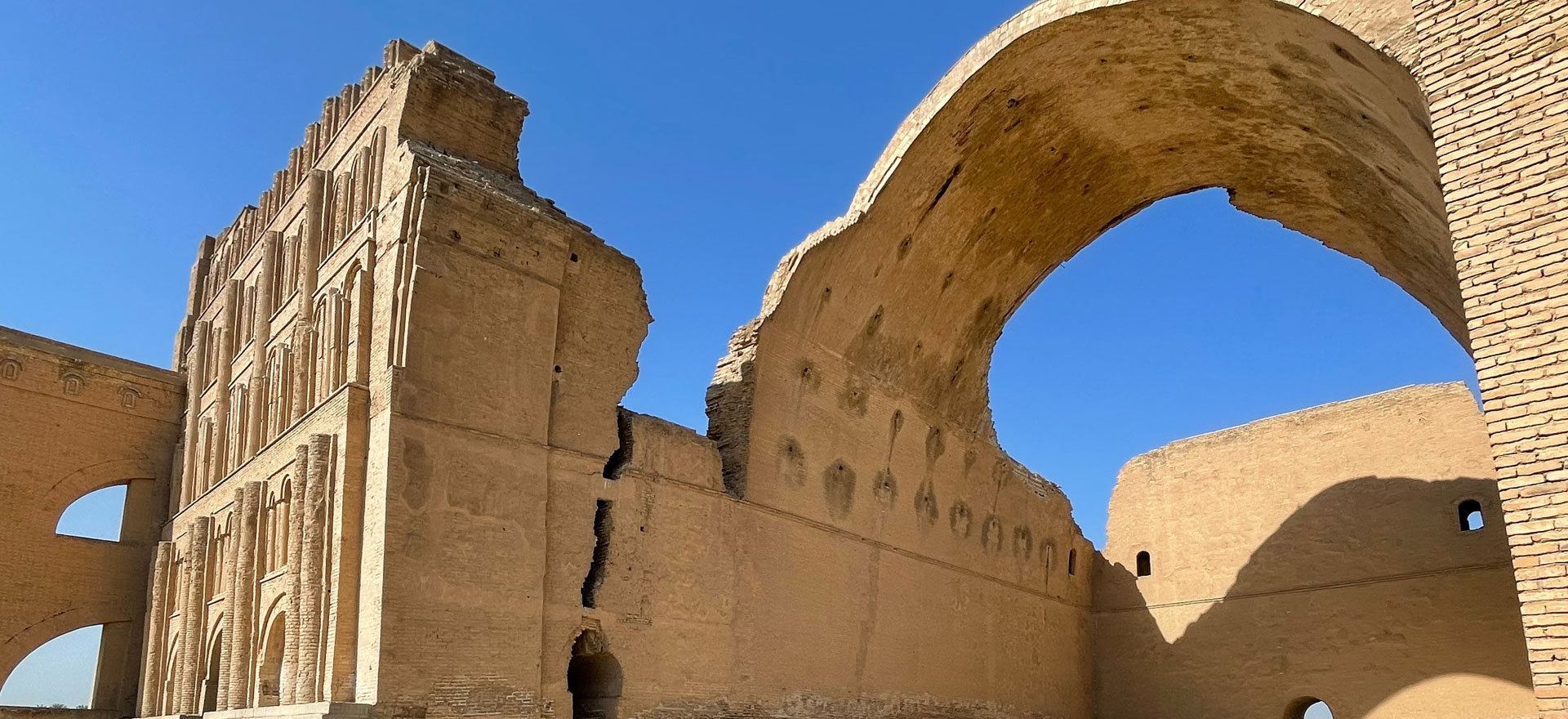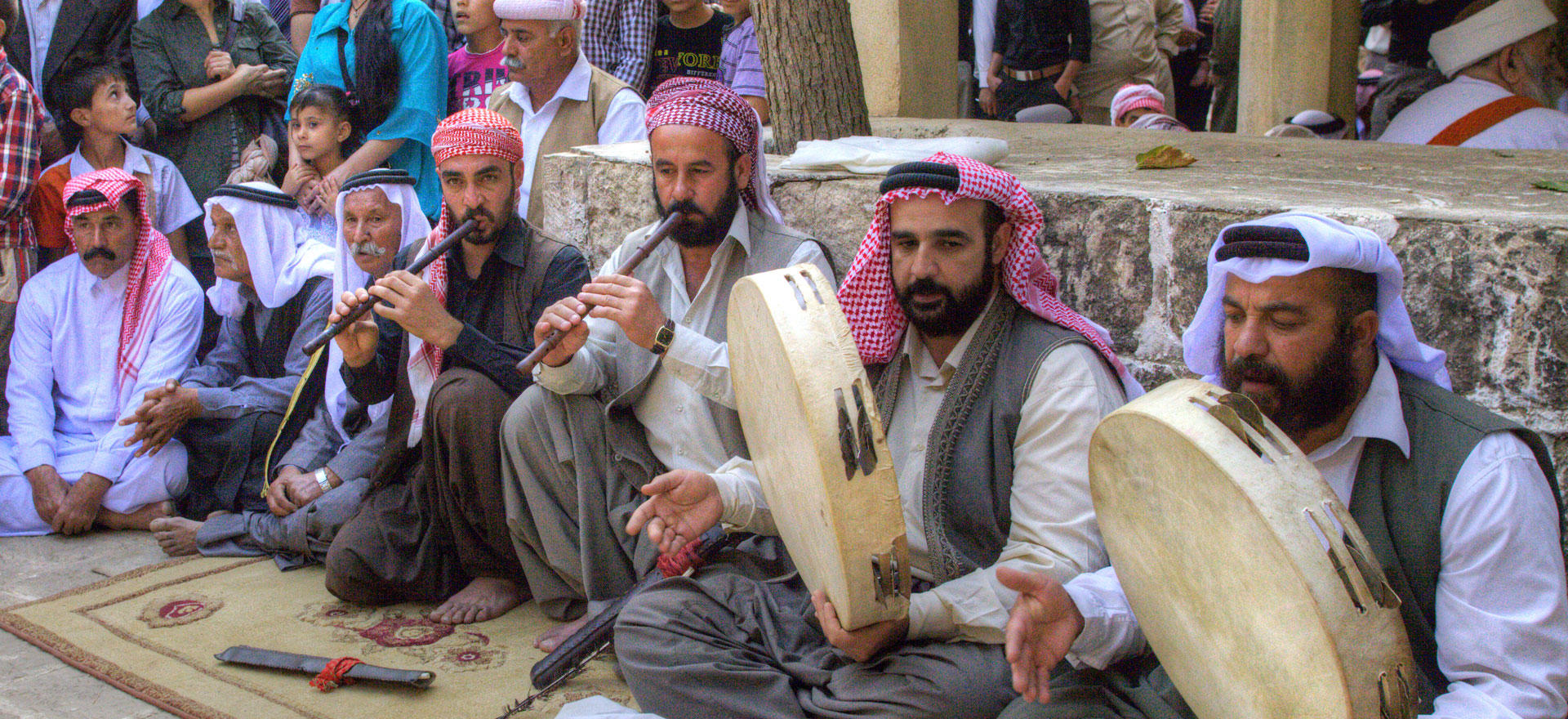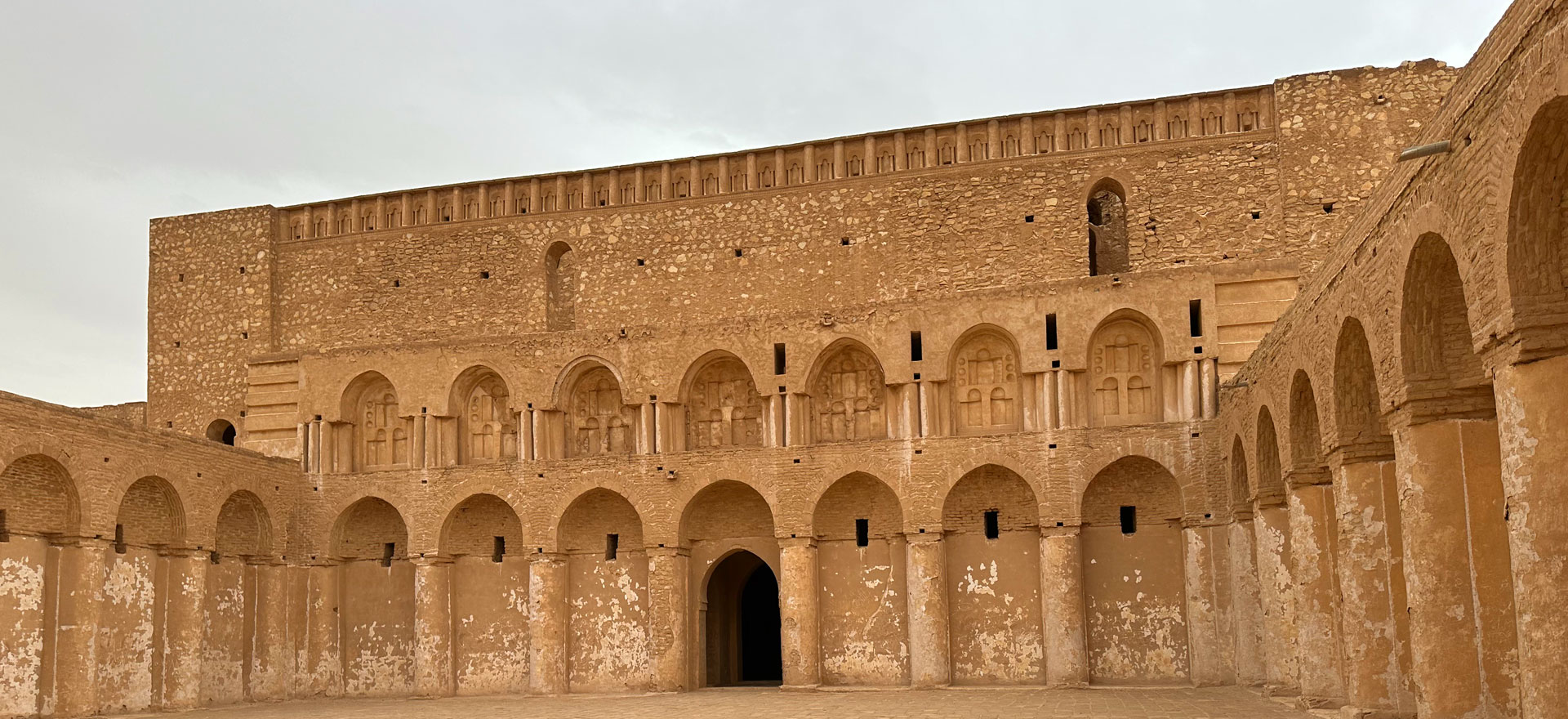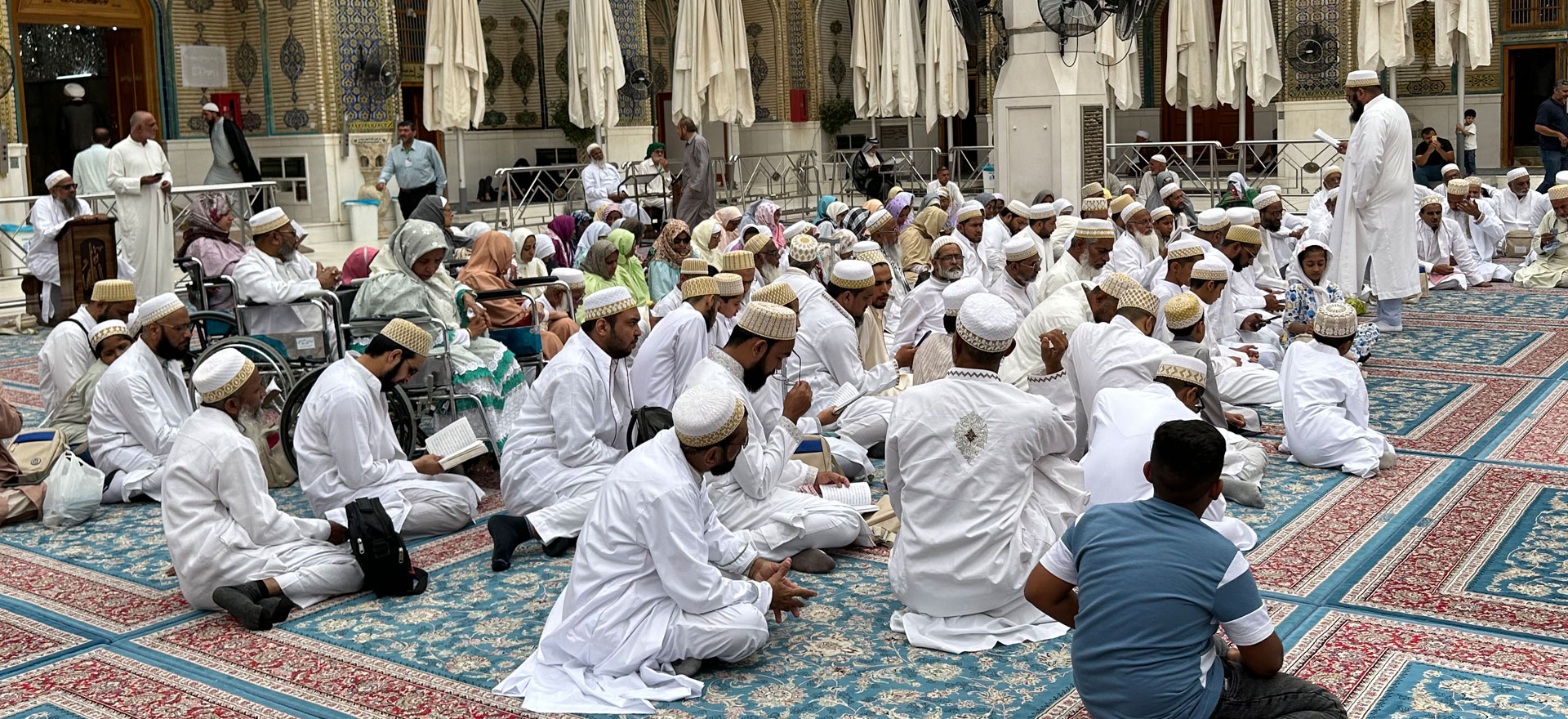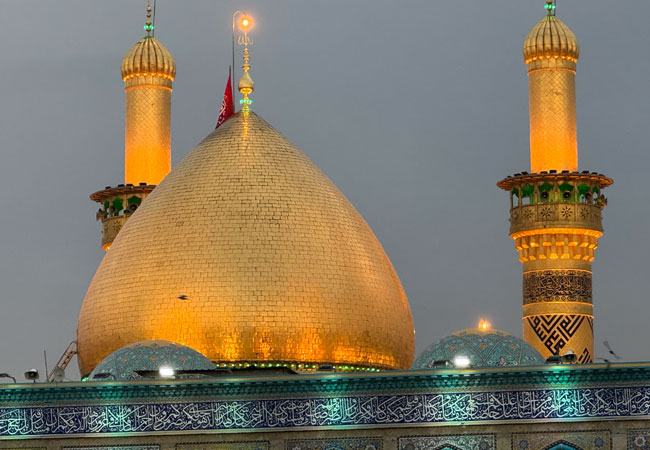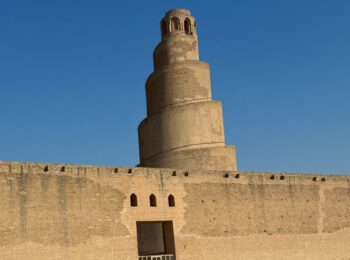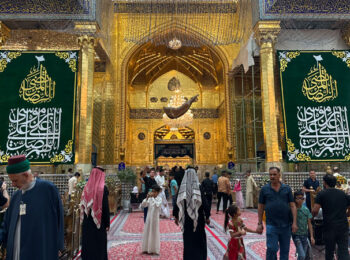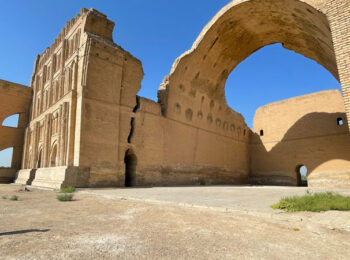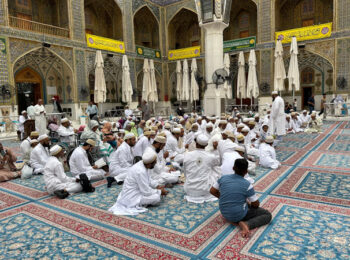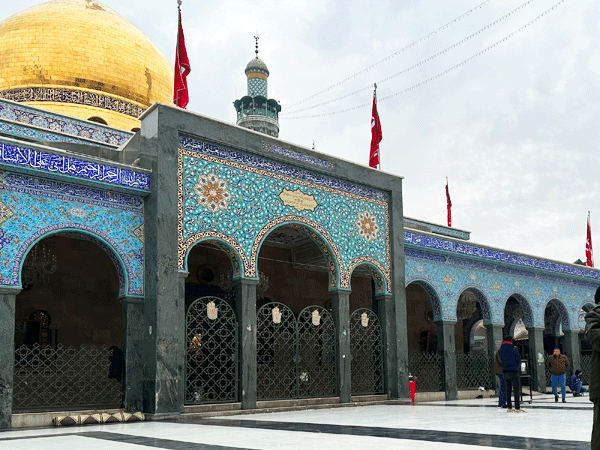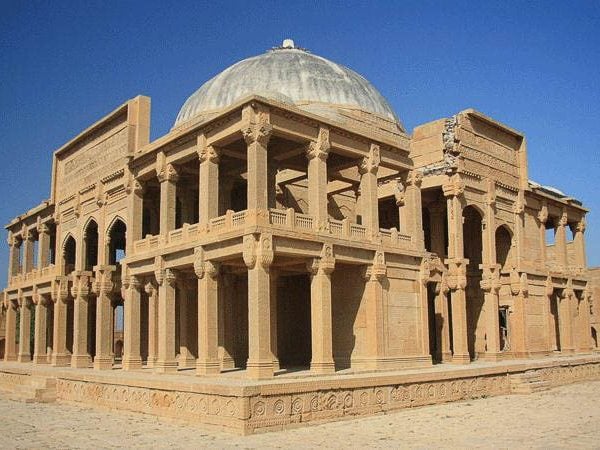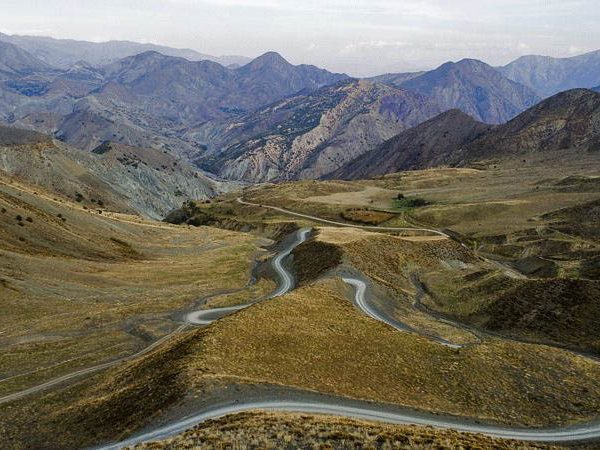Mesopotamia Explorer
Step into a land where history was born and legends still whisper through the ruins. This immersive journey through Iraq traces the story of civilisation itself – from the cradle of Sumer to the splendours of Babylon, from the intellectual heights of Abbasid Baghdad to the hauntingly beautiful marshlands of the south. Along the way, you’ll explore ancient cities carved from myth, sacred shrines, and the resilient spirit of a nation that has withstood the tides of empires and war. This is more than a standard trip – it’s a rare opportunity to walk through the pages of history, guided by the echoes of prophets, poets, and kings.
Begin in Baghdad, exploring its historic streets and museums before journeying to the ancient ruins of Ctesiphon and Samarra. Continue to the legendary city of Babylon, the sacred sites of Najaf and Karbala, and the Sumerian wonders of Uruk and Ur. Cruise through the lush marshlands of the south before ending in the vibrant port city of Basra.
As your journey through Iraq comes to a close, you’ll carry with you far more than photographs—you’ll return with a deeper understanding of a land that shaped human civilisation, where resilience and heritage are etched into every stone and skyline. This is a destination that challenges perceptions, rewards curiosity, and leaves an indelible mark on all who walk its ancient paths.

